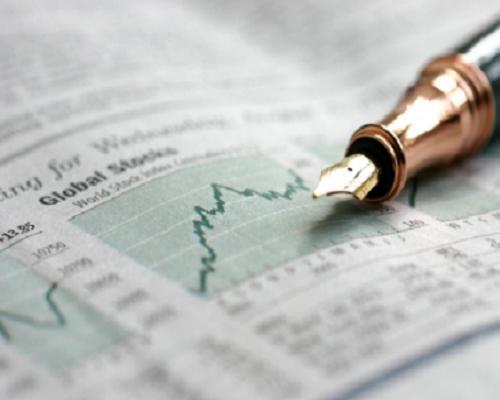
Take a view on this! NSE is above 6000 and BSE is above the psychological 20,000 mark. If you own a house or plan to buy a house in any of the metropolitan cities, you must have witnessed the sharp rise in residential properties. Gold prices are ruling at an all-time high level. The disposable income has also risen and so has the household expenses.
The economy seems to be running in a vicious circle! Higher income is driving the consumption which in turn has upped the asset prices. To curb the menace of rising asset prices, the apex bank has decided to hike its key policy rates by 25 basis points once again in its second quarterly review for 2010-11. So, how are these policy changes are going to affect the real estate prices and the equity market? Read through this article to know more!
Why Asset Prices & Equity Market have taken an upturn
Let’s understand why the asset prices in India are taking an upward movement. After the recessionary phase got over, the developed economies started a slow recovery. In this process, the central bank of many economies resorted to monetary easing which means a lot of money was pumped into the economy. The excess money then started flowing in the developing world which is growing at a much faster rate. As a result, the exchange rate started appreciating and the demand of asset prices started increasing as more and more money was pushed into the economy. Once the demand started rising, the prices of real estate, gold etc. started moving up. Also, gold is considered to be the safest investment in recession. This notion along with the increasing capital inflows from the developed world led to the increase in gold prices. The equity market is also at an all time high as the capital inflows have risen over a period of time. India runs a huge deficit in its current account (net export) which means money is flowing out of the economy. To finance the huge deficit, large capital inflows are required. Capital inflows are good for the economy as long as the capital gets absorbed in the system. However, excess capital will result in inflation. This concern has led the RBI to increase the cash reserve ratio (CRR) by 100 basis points and the repo and reverse repo rates by 125 basis points and 175 basis points, respectively since October 2009.
The way ahead
- The RBI has taken this step in view of the worsening current account deficit, worsening exports and appreciating currency. This will certainly help in controlling the ever increasing inflation & real estate prices in India
- Gold is the safest investment option available to the investors. You can take the ETF route for investment in gold. Presently, there are eight mutual funds that have gold ETF products listed. As the US doesn’t seem to recover at a faster rate in the near term, it is expected that gold will remain the favorite among investors. However, currency appreciation will erode the returns.
- The stock market is expected to zoom further on the auspicious eve of Diwali. The stock market is not going to witness much uncertainty as the policy hikes are not a surprise to the investors. In the short run, 5,950 mark on the Nifty seems to have a strong support level and any fall should be used as a buying opportunity.